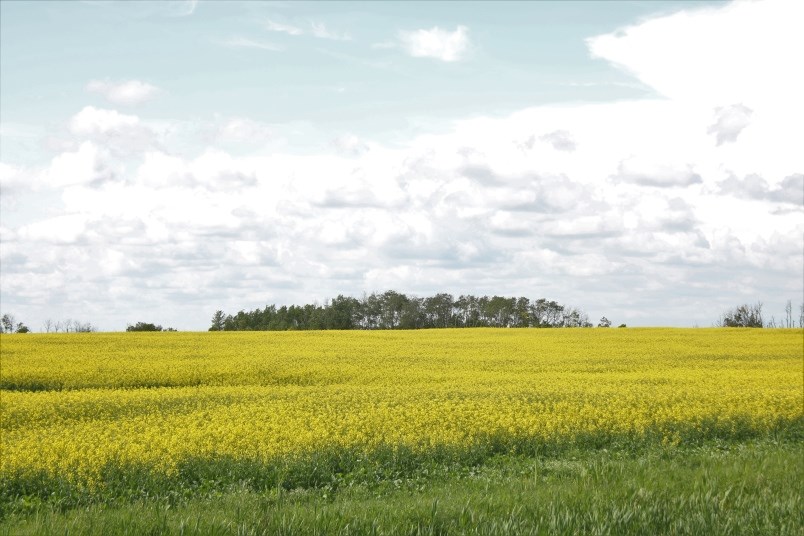YORKTON - The idea that the federal government might be looking to limit fertilizer use on the farm has at best made farmers antsy, if not outright angry.
Recently, Federal agriculture minister Marie-Claude Bibeau stated that farmers need not fear.
Earlier this month she said it’s not about reducing emissions caused by fertilizer, or of limiting the use of fertilizer itself, but rather the idea is to use them in the most sustainable way possible.
For those in Western Canada, who see the current Liberal led government as the great evil, Bibeau’s words are going to do little to allay fears.
And, even if you buy into her suggestion, then the idea farmers are not using fertilizer in the most sustainable way has to rub producers the wrong way.
Farmers are generally looking to maximize production because they need to keep income high to meet the costs of modern farming, and there is a hungry world to feed. Fertilizer use is a huge part of maximizing production, but producers are not going to apply extra product either, since it is a large chunk of costs and they strive to keep those low too.
That all said, having a discussion about fertilizer use is not in itself a bad idea.
As humans, we have not done a particularly good job of looking after our planet, even though it’s the only option we currently have as a place to live.
We created plastics that take years and decades to degrade, so we toss them in our oceans to pollute a source of our food.
We lose hundreds of acres of farmland to urban sprawl.
We devour rainforests for economic gain even though they are largely the lungs of our planet.
We burn fossil fuels with little concern for what the exhaust does to our atmosphere.
Now, if you are a believer that concerns about global weather change, atmosphere decay, and resources running out one day are all ‘fake news’ created for some reason, then it’s unlikely any of the above bother you.
But, what if they are correct?
It we cross a line of no return, what then? Do we simply shrug our shoulders and not worry about a dead world ahead?
It seems only prudent to discuss the way we have done things, to look for better ways, ways that may well inconvenience us today, but might just mean our ancestors get to live on.
The discussions can’t hurt, and the good they might do could be the difference between a living planet and a dead ball of dirt.






